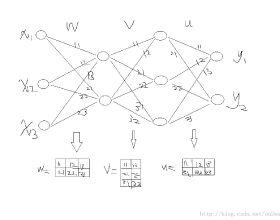Bloodstock shortages and its uncertain demand has become a major problem for all countries worldwide. Therefore, this study aims to provide solution to the issues of blood distribution during the Covid-19 Pandemic at Bengkulu, Indonesia. The Backpropagation algorithm was used to improve the possibility of discovering available and potential donors. Furthermore, the distances, age, and length of donation were measured to obtain the right person to donate blood when it needed. The Backpropagation uses three input layers to classify eligible donors, namely age, body, weight, and bias. In addition, the system through its query automatically counts the variables via the Fuzzy Tahani and simultaneously access the vast database.
翻译:血液短缺及其不确定的需求已成为全世界所有国家的一个主要问题,因此,本研究旨在解决印度尼西亚本库卢Covid-19大流行期间的血液分配问题。后传算法被用来提高发现可用和潜在捐助者的可能性。此外,对捐赠的距离、年龄和长度进行了测量,以获得必要时献血的合适人。反传算法使用三个输入层对合格的捐赠者进行分类,即年龄、身体、体重和偏向。此外,该系统通过查询自动通过Fuzzy Tahani计算变量,并同时访问庞大的数据库。



